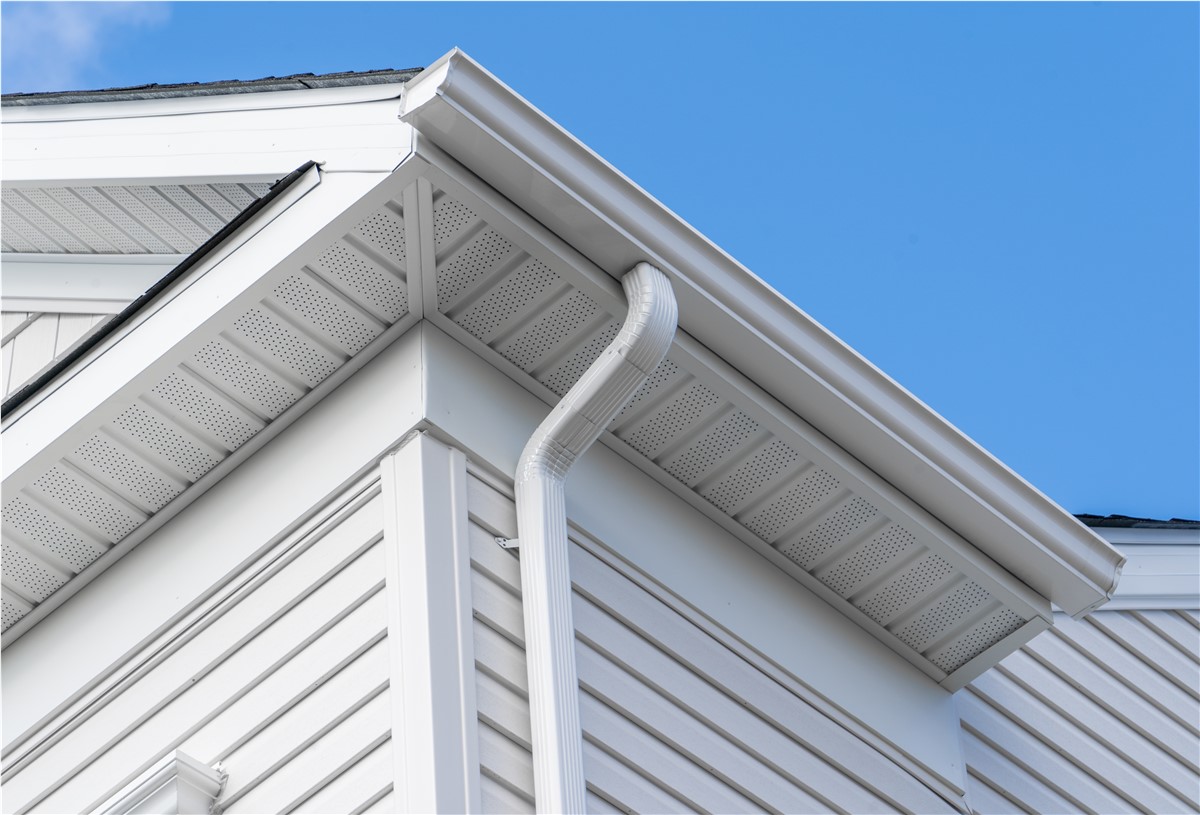How to Maintain Your Machinery in the Manufacturing Industry
If you’re in the manufacturing industry, you know how crucial it is to keep your machinery running smoothly and efficiently. Whether you’re producing cars, electronics, or furniture, your machinery is the backbone of your operation, and regular maintenance is key to ensuring its longevity and performance.
Let’s talk about some essential tips and practices for maintaining your machinery in the manufacturing industry.
Establish a Maintenance Schedule
The first step in maintaining your machinery is to establish a regular maintenance schedule. Create a detailed plan that outlines the specific maintenance tasks that need to be performed on each piece of equipment, as well as the frequency at which they should be done.
This may include tasks such as lubrication, cleaning, inspections, and part replacements. By following a structured maintenance schedule, you can stay organized and proactive in addressing potential issues before they escalate into costly repairs or downtime.
Train Your Operators
Properly trained operators are essential for ensuring the safe and effective operation of your machinery. Invest in comprehensive training programs for your operators to ensure that they understand how to operate the equipment correctly and safely.
Provide training on basic maintenance tasks such as routine inspections, lubrication procedures, Overhead Crane Safety Training and troubleshooting techniques. Encourage operators to report any abnormalities or signs of equipment malfunction promptly, so they can be addressed before they cause significant damage or downtime.
Keep Your Machinery Clean
Regular cleaning is essential for maintaining the performance and longevity of your machinery. Develop a cleaning protocol that includes removing debris, dust, and other contaminants from the equipment regularly.
Pay special attention to critical components such as gears, bearings, and motors, as buildup of dirt and debris can lead to premature wear and tear. Use appropriate cleaning tools and solutions that are compatible with your machinery to avoid causing damage or corrosion.
Monitor Equipment Performance
Monitoring equipment performance is crucial for identifying potential issues and preventing unexpected breakdowns. Implement a system for monitoring key performance indicators (KPIs) such as operating temperatures, vibration levels, and energy consumption.
Keep detailed records of equipment performance data over time, and use this information to identify trends and anomalies that may indicate underlying problems.
Perform Preventive Maintenance
Preventive maintenance involves proactively addressing potential issues before they cause equipment failure or downtime. This may include tasks such as replacing worn-out parts, adjusting alignment, and tightening loose bolts and fasteners. For your vehicle, look for quality trailer parts that will last longer.
Develop a preventive maintenance checklist for each piece of equipment based on manufacturer recommendations and industry best practices. Schedule preventive maintenance tasks at regular intervals to ensure that they are completed in a timely manner.
Partner with Reliable Suppliers
Partnering with reliable suppliers for parts and maintenance services is essential for maintaining your machinery in the manufacturing industry. Choose suppliers that offer high-quality parts and components that are compatible with your equipment.
Establish relationships with local service providers and maintenance contractors who have expertise in servicing your specific type of machinery. Having access to reliable suppliers and service providers can help streamline maintenance processes and ensure that your equipment is always in top condition.






